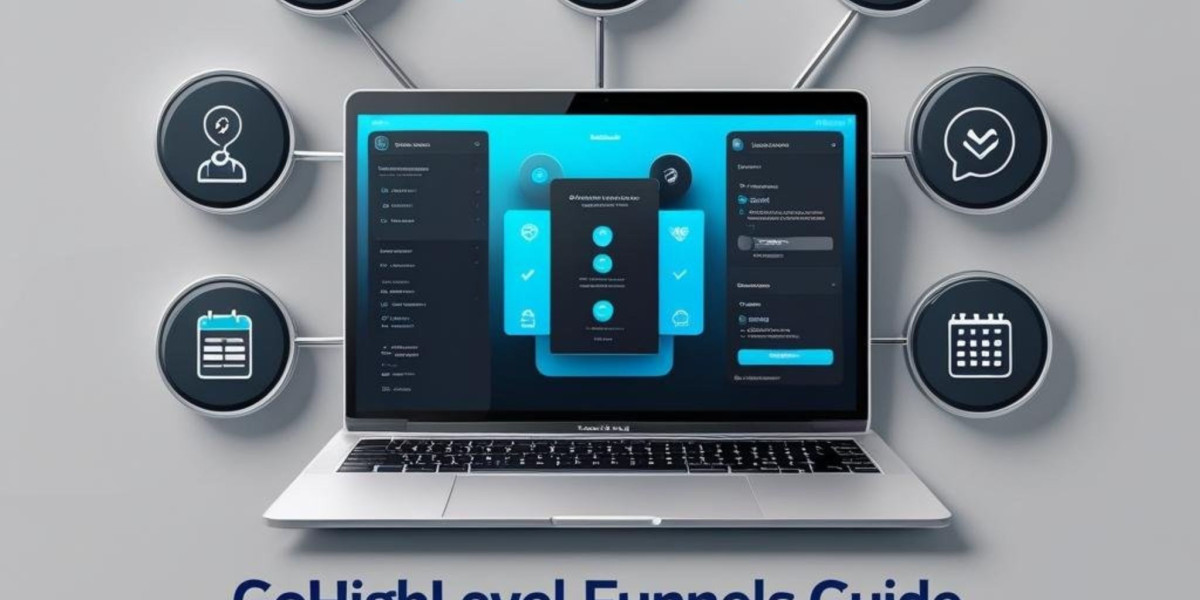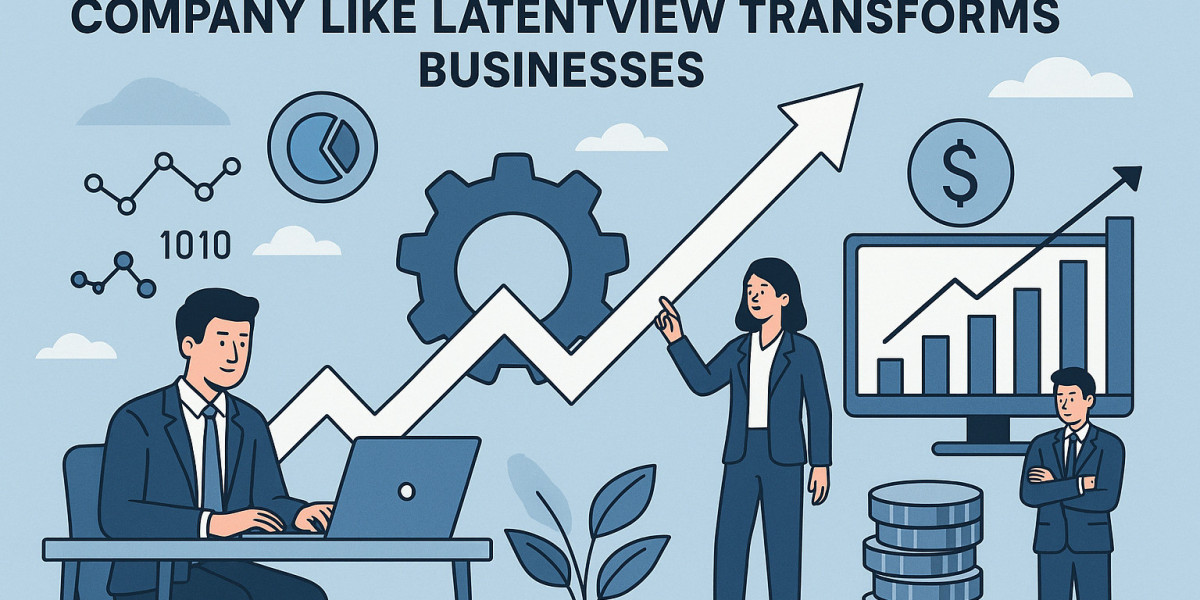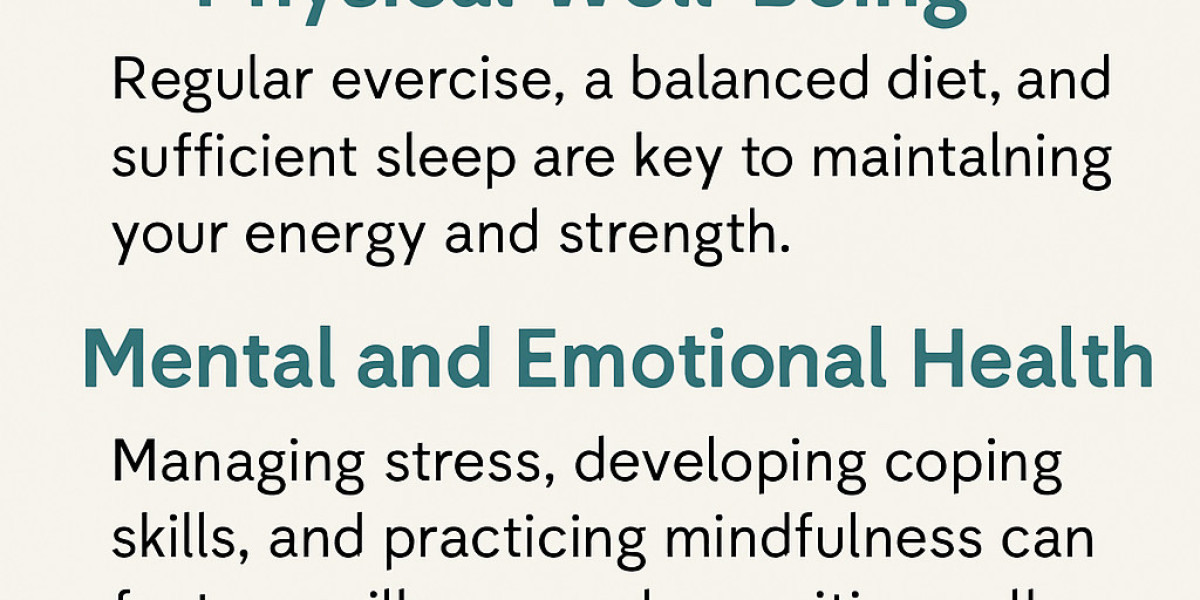CRM Management is the way businesses handle their customer data, sales, and interactions. It stands for Customer Relationship Management. But don't let the fancy term fool you. It's all about keeping things organized, building better customer relationships, and growing your business.
Why CRM Management Matters
Ever lost a lead? Or forgot to follow up with a customer? It happens. But with the right CRM system, you can stay on top of every conversation. No more scattered spreadsheets or sticky notes.
CRM software helps you:
Track leads and contacts
Manage customer interactions
Automate tasks like emails and follow-ups
Analyze sales performance
Boost customer retention
In short, it keeps your sales process smooth and simple.
What Does CRM Management Include?
CRM management involves more than just storing data. It covers:
Lead tracking: Know where your leads come from and what they want.
Sales pipeline management: See which deals are in progress.
Customer communication: Keep records of emails, calls, and meetings.
Task automation: Save time on manual work.
Reporting & analytics: Make better business decisions.
Popular platforms like Salesforce, HubSpot, and Zoho CRM offer these features. But even small tools like GoHighLevel or Freshsales can do the job well for startups and agencies.
Who Needs CRM Management?
Almost every business.
If you talk to clients, sell products, or manage a team — you need it.
Here’s who benefits the most:
Real estate agents
Marketing agencies
E-commerce stores
Coaches and consultants
Local service businesses
Benefits of Good CRM Management
Let’s break it down. What do you get from a solid CRM strategy?
Better customer relationships – You remember names, preferences, and history.
More sales – No missed follow-ups. Every lead is tracked.
Time-saving – Automations handle the boring stuff.
Data-driven decisions – Reports show what’s working.
Stronger team collaboration – Everyone sees the same info.
It’s not just about software. It’s how you use it. CRM Automates is providing va services on very cheap prices. You can defintly check them theya re doing good.
CRM Management Best Practices
Keep your data clean
Old or wrong info leads to mistakes. Update it often.Train your team
Make sure everyone knows how to use the system.Automate wisely
Don’t overdo it. Use automation to help, not replace, human touch.Track KPIs
Know your key performance indicators — like response time, conversion rate, and customer lifetime value.Choose the right tool
There’s no “one-size-fits-all.” Pick a CRM that fits your business size and goals.
Final Thoughts
CRM Management isn’t just for big companies. It’s for any business that wants to grow and stay organized. Whether you use simple tools or advanced systems, the goal is the same: better relationships, more sales, and less chaos.
Start small. Stay consistent. Watch your business thrive.








